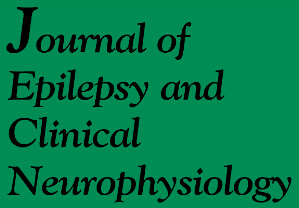INTRODUCTION: Aphasia is a neurological disorder that results from damage to areas of the brain that are responsible for language. Often, the aphasia occurs as the result of a stroke, that leads to language expression impairment (Broca's aphasia), language comprehension impairment (Wernicke's aphasia) or the association of both (mixed aphasia). The otoneurologic evaluation is a group of semiologic standardized procedures that evaluates the relationship between the auditory and vestibular system and the central nervous system. The auditory pathways and the vestibular system are very important for the control of the central auditory mechanisms, the central auditory processing and the sense of movement and balance controls. OBJECTIVE: Our aim was to present the neurophysiologic evaluation of the auditory pathways (peripheral and central) and the vestibular system in patients with Broca's aphasia. METHODS: The patient was submitted to otorrinolaringologic evaluation, audiologic evaluation (tonal audiometria conventional), acoustics immittance measurements, research of the acoustic reflex and central auditory processing as well as vestibular system evaluation. CONCLUSIONS: Our data demonstrate the importance of the auditory pathways and the vestibular system neurophysiologic evaluation in patients with Broca's aphasia in order to improve the diagnosis, treatment and the follow-up.
Broca's aphasia; auditory pathways; vestibular system
